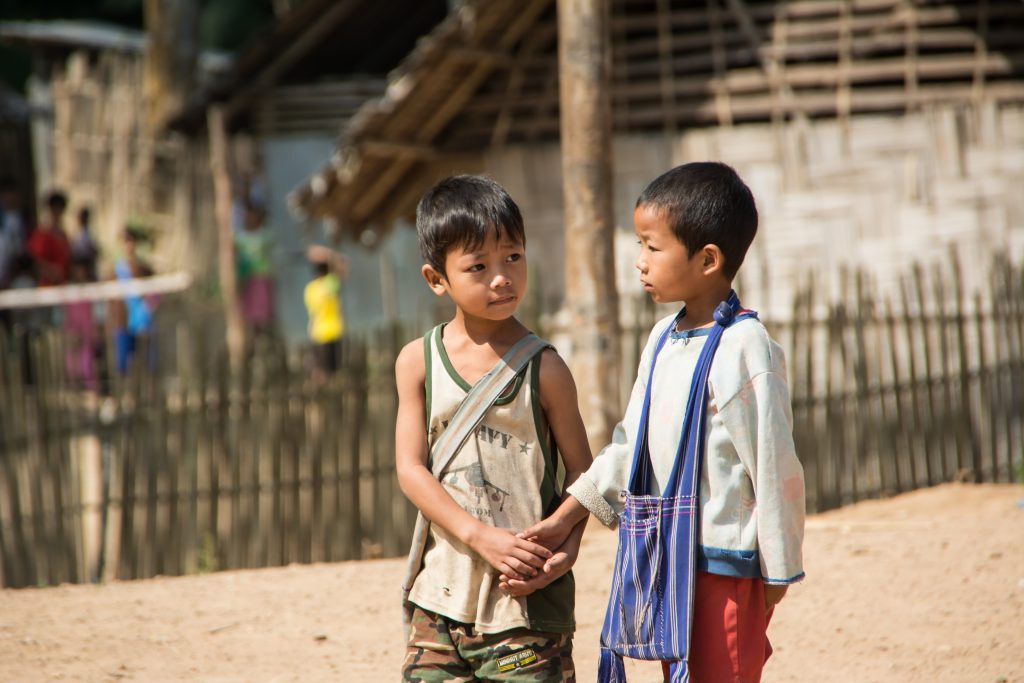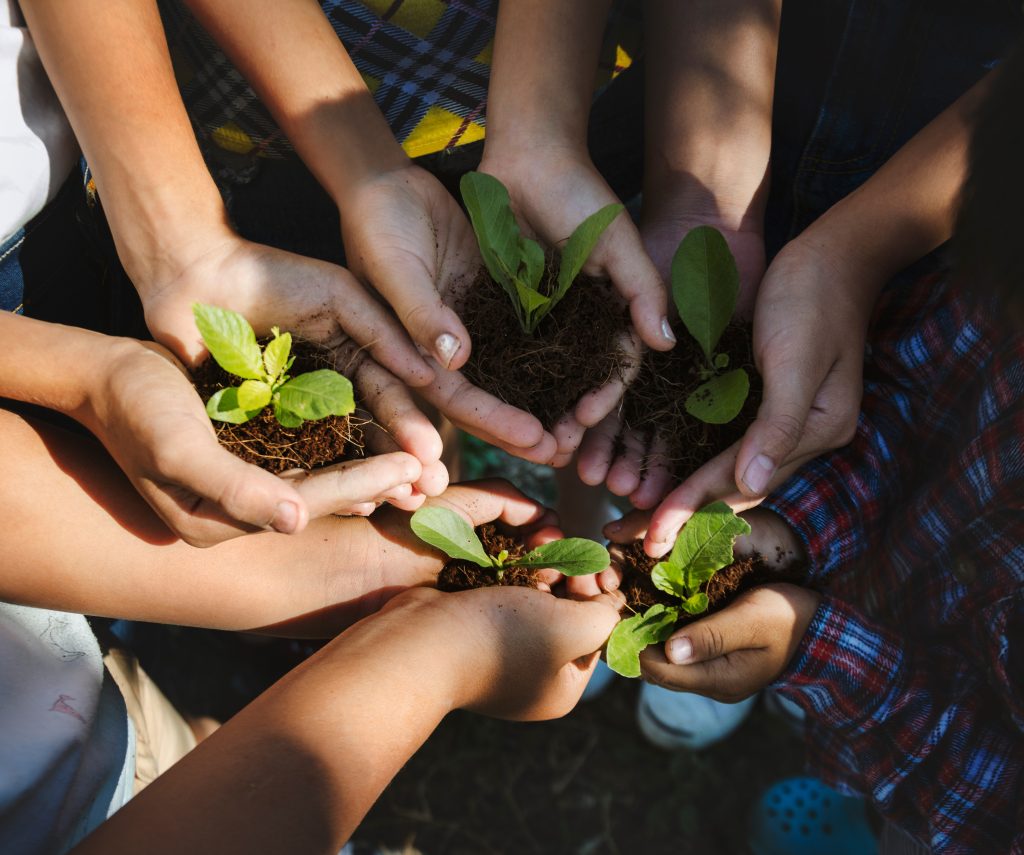World Refugee Day 2019 is an opportunity to reject the language of hate and express our solidarity with those living in exile – it is also a chance to think about how education can support migrants and refugees in making better lives for themselves, writes Konstantinos Pagratis

World Refugee Day, which falls every year on 20 June, promotes awareness of the plight of refugees and reminds us of our common humanity, of the commitments we have made and of the urgent need to keep them. At UIL, it prompts us to reflect on the kinds of educational opportunities available to refugees and migrants and the best approaches we can take in helping them integrate and flourish in their host societies.
The 2018 Global Compact on Refugees and the 2019 Global Education Monitoring Report, Building Bridges, Not Walls, highlight relevant international efforts to integrate migrants and refugees into the formal education system. But there has been too little action, at the local, national or international level, to address the educational needs of migrating, displaced and hosting populations, or to coordinate actions to ensure education supports people in entering the world of work and participating fully in their host communities. Continue reading

